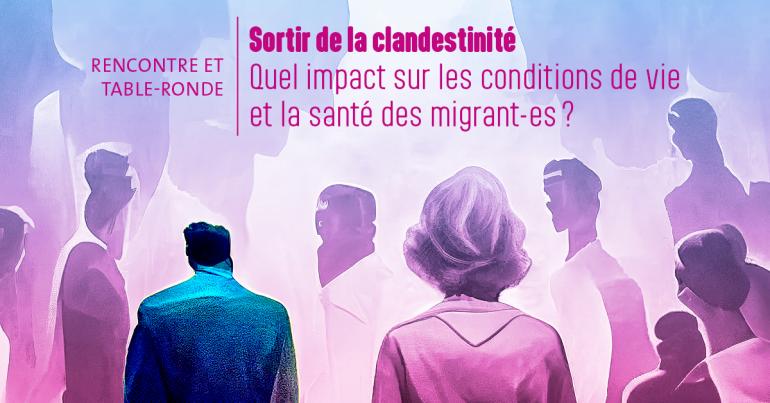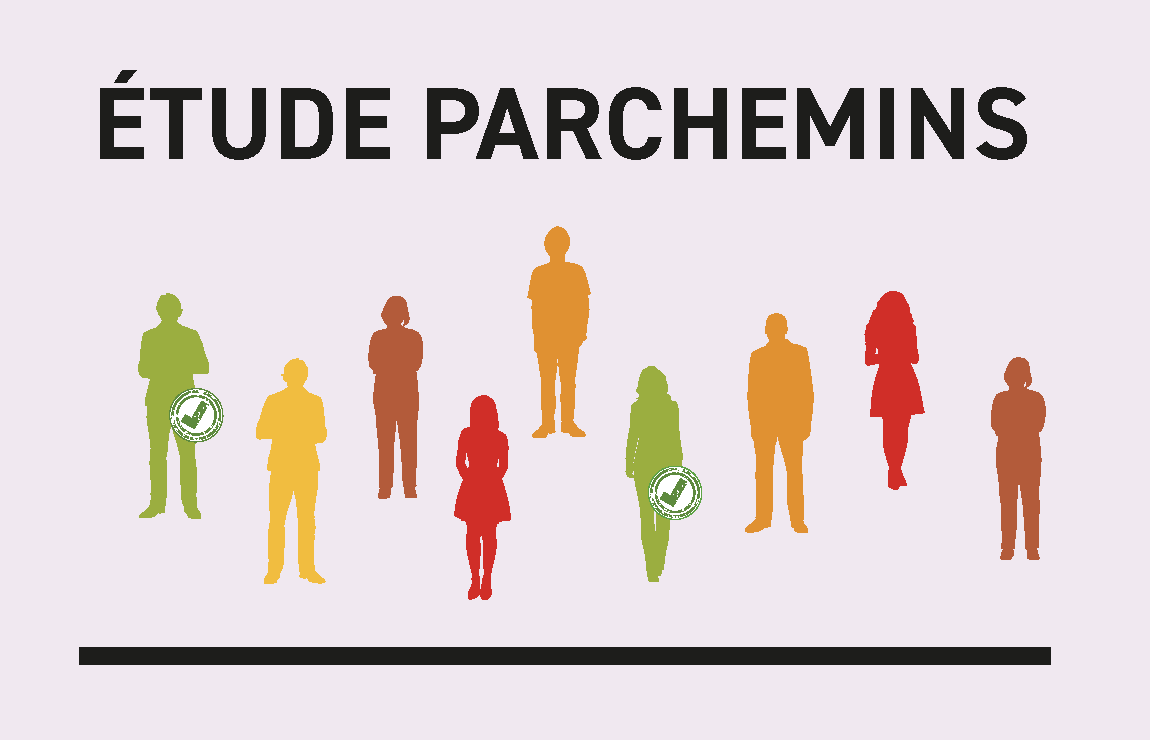
The regularisation of undocumented migrants is favourable for social and family integration, especially for men. Regularised people have regained their freedom of movement, and enjoy better working, housing and health conditions, as well as a better financial situation. However, their living conditions remain fragile and access to social benefits remains difficult.
Read the list of recommendations to policy makers in this infographic (in French)
An improvement in the living conditions and health of migrants despite a still fragile situation
Although their profiles and origins vary, the majority of undocumented migrants in Geneva have the same motivations: to escape poverty and to ensure their children's future. This population makes an important contribution to the Geneva economy and social cohesion, but without being officially recognised.
Obtaining a residence permit is an opportunity for these people to stabilise their housing situation and finally have a "home" (at the beginning of the study, 70% of them were subletting their accommodation). It also allows migrants to travel and see their relatives, sometimes their own children, after many years.
The average income of migrants in the process of regularisation is around CHF 35,000/year, often accumulated over several jobs. This amount is higher than that of undocumented migrants, but well below the average for Geneva (about CHF 80,000/year). In addition to a better salary, regularisation also favours declared employment and affiliation to Chèques-Service. However, regularised people have to face new costs, such as health insurance and taxes.
The improvement of the social, economic and housing situation of the regularised people has a positive impact on their health, especially psychological. Despite this, participants still face frequent health risks at work and many people forego certain medical care because of the cost.
The Parchments Study is a continuation of Operation Papyrus, which led to the regularisation of certain migrants living in the canton of Geneva. 450 people took part in the study, which aims to compare the health status of regularised people with that of the rest of the population, before and after obtaining a permit.
More information on the Parchemins project
The need for political will to move forward
The round table held on 15 February 2023 brought together academics and professionals from the field. This event, moderated by Laurence Difélix, highlighted the main added value of the Papyrus and Parchments projects.
Marianne Halle, from the Swiss-Immigrant Contact Centre, underlined that these projects have highlighted the (un)secret work done by undocumented migrants, who actively participate in the economy and the social cohesion of the population. She also raised the question of the cost of continuing this hypocrisy and not regularising these migrants. According to her, the negative consequences would be multiple: because, without regularisation, this population arrives at retirement age without social insurance or income, and does not return to their country after decades of absence. She insisted on the need to adapt administrative procedures to these life paths, which are an integral part of our society.
In the same vein, Nicolas Roguet, from the Bureau de l'Intégration des Étrangers of the State of Geneva, stressed the importance of the social partners in this issue. In fact, in almost 20 years, the interlocutors have changed very little and remain reference persons, who work with civil society in a horizontal way. Furthermore, he recalled that Papyrus has been very beneficial for the social charges of undocumented migrants, as employers have sometimes retroactively paid these charges for several years. The domestic economy sector has thus improved a lot in the canton of Geneva in terms of undeclared work, thanks to Papyrus and the political will it reflected.
Prof. Myriam Carbajal of Myriam Carbajal from the Haute École de Travail Social de Fribourg indicated that one of the positive effects of regularisation is the legitimacy of a stay that migrants feel is illegitimate. The label "undocumented" gives an image of individuals who have no right to be here and that they belong elsewhere. The residence permit is an opportunity to feel "like the others" and thus has an important impact on identity. This feeling adds to the immense resilience of the undocumented migrant population, their great capacity for action and their great resourcefulness.
Finally, prof. Ferro-Luzzi of the UNIGE managed the economic part of the Parchments survey. He argues that the regularisation of undocumented migrants has not led to a "brain drain" of other migrants. Indeed, for this to happen, the "black" jobs would have had to be freed up. Under Operation Papyrus, these jobs were cleaned up and made official. Furthermore, the regularised people did not end up on social assistance, as they had an income and were very resilient.
These results make Papyrus a profitable action, economically and socially, as it has facilitated the integration of migrants and combats the hypocrisy of their situation.


